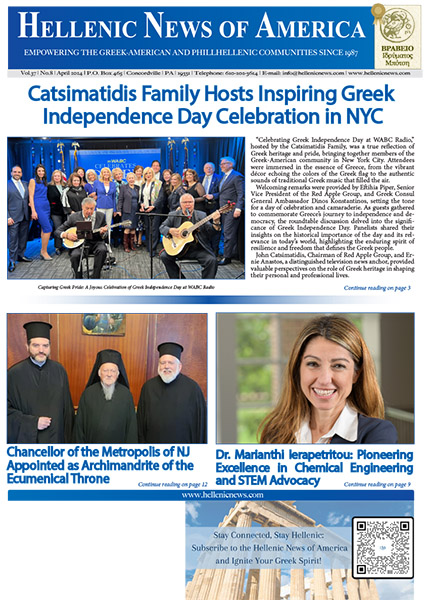In the liturgical observances of Good Friday the Church views the Crucifixion within its original setting, as an event in the first Holy Week in Jerusalem. At the feast of the Exaltation, by contrast, the Cross is regarded rather in its effects upon the subsequent history of the Church. On Good Friday the note is predominantly – though never exclusively – one of sorrow and mourning; on 14 September the Cross is commemorated in a spirit of triumph, as a ‘weapon of peace and unconquerable ensign of victory’ (kontakion of the feast).
The services for the day allude in particular to four themes:
(a) There are constant references to the vision of the Cross seen by the Emperor Constantine in the year 312, shortly before his victory over Maxentius.
(b) The feast of the Exaltation recalls more especially the finding of the True Cross by Constantine’s mother, St. Helen. As news of the discovery spread through the Holy City, vast crowds gathered to venerate the Cross of the Lord. The Patriarch of Jerusalem, St. Makarios, carried it up into a pulpit: and when the people saw it lifted on high, they began to cry out, again and again, Kyrie eleison, ‘Lord, have mercy’ – an event recalled in the service of the day, with the frequent repetition of Kyries at the ceremony of Exaltation.
(c) The feast on 14 September also commemorates the second great Exaltation of the Cross, at Constantinople in 629. The True Cross had fallen into the hands of the Persians in 614, when they captured the Holy City of Jerusalem. It was subsequently recovered by the Emperor Heraclius and brought to the capital, Constantinople, where it was triumphantly exalted in the Great Church of Agia Sophia.
(d) Finally, there are allusions to an event which is now more specifically commemorated on 13 September: the Dedication of the Church of the Resurrection, built by Constantine on the site of the Holy Sepulchre and completed in 335.
In the title of the feast, the Exaltation is termed ‘universal’. This is an essential element in the meaning of the festival: the power of the Cross extends to every part of the universe, and the salvation which it brings embraces the entire creation. That is why, in the ceremony of Exaltation, the priest turns in blessing towards each point of the compass: ‘The four ends of the earth, O Christ our God, are sanctified today’ (troparion at the ceremony of Exaltation).
-From The Festal Menaion, translated from the original Greek by Mother Mary and Archimandrite Kallistos Ware, Saint Tikhon’s Seminary Press: South Canaan, PA, 1998.





